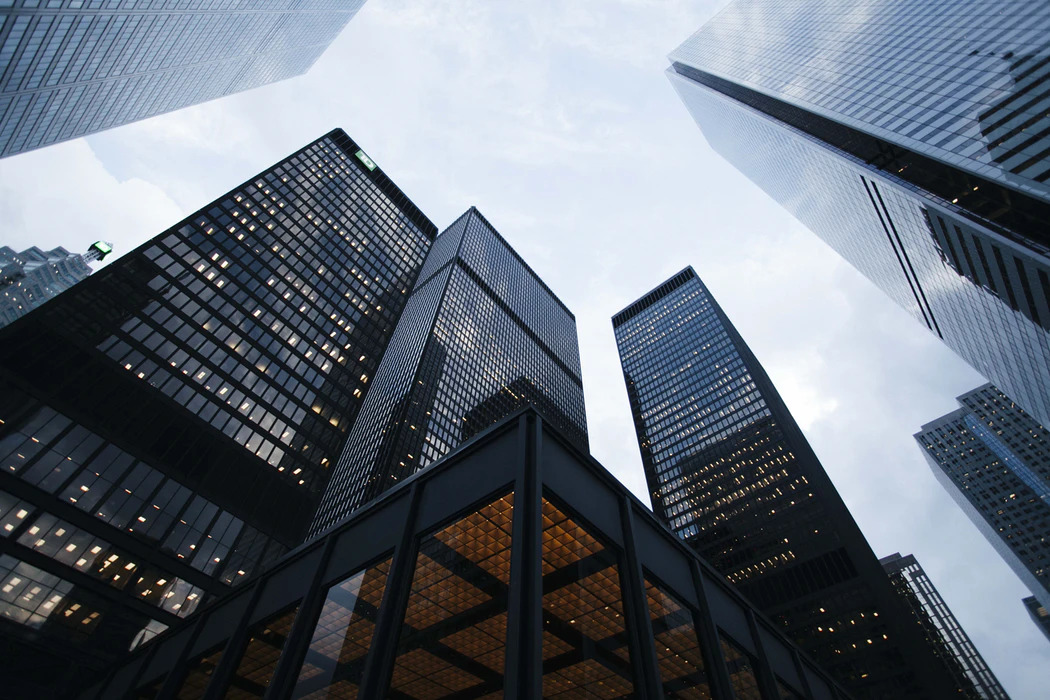Museums

Geosciences Museums
Alfredo Bensaúde Museum
The Alfredo Bensaúde Museum, located on the 2nd floor of the Minas Pavilion and opened in 1936, preserves its original design, showing the great value of the collection, having been defined according to Duarte Pacheco’s plans and the architectural project by Pardal Monteiro, an architectural reference from the initial phase of the Estado Novo, marked by a strong functionalist component. The Museum, dedicated essentially to mineralogy, crystallography and petrology, includes in its collection vast geological material, mostly from Portugal and the Community of Portuguese-speaking Countries (CPLP), some related to historical mining occurrences not currently accessible. The museum heritage is also composed of instruments and teaching materials, books, maps and photographs of historical relevance and the scientific and personal collection of professors, especially Alfredo Bensaúde (1856-1941), founder of IST and its director between 1910 and 1920 (http://alfredobensaude.ist.utl.pt/), Amílcar Mário de Jesus (1895-1960), and Luís Aires-Barros.

Visits: Free entry but under reservation
More information: museu@der.tecnico.ulisboa.pt
Deputy Head: Prof. Joana Lobo Antunes
Scientific Director: Prof. Ricardo Araújo
Décio Thadeu Museum
The Décio Thadeu Museum, also designed by Pardal Monteiro and inaugurated in the same year, is located on the 2nd Floor of the Pavilhão de Minas. The Museum contains the scientific collection of Décio Thadeu (1919-1995), professor of Portuguese Geology and Paleontology at IST and an important scholar of mineral deposits in Portugal, namely tin, wolfram and tungsten, which brought him international recognition, and Ernest Fleury (1878-1958), of Swiss origin, professor and researcher responsible for the Geology laboratory and for organizing the Geology and Paleontology collections used in teaching. The museum space also has an important collection of stratigraphy and paleontology, a significant sample of the main historical Portuguese mines and equipment dating from the late 19th and early 20th centuries.

Visits: Free entry but under reservation
More information: museu@der.tecnico.ulisboa.pt
Deputy Head: Prof. Joana Lobo Antunes
Scientific Director: Prof. Ricardo Araújo